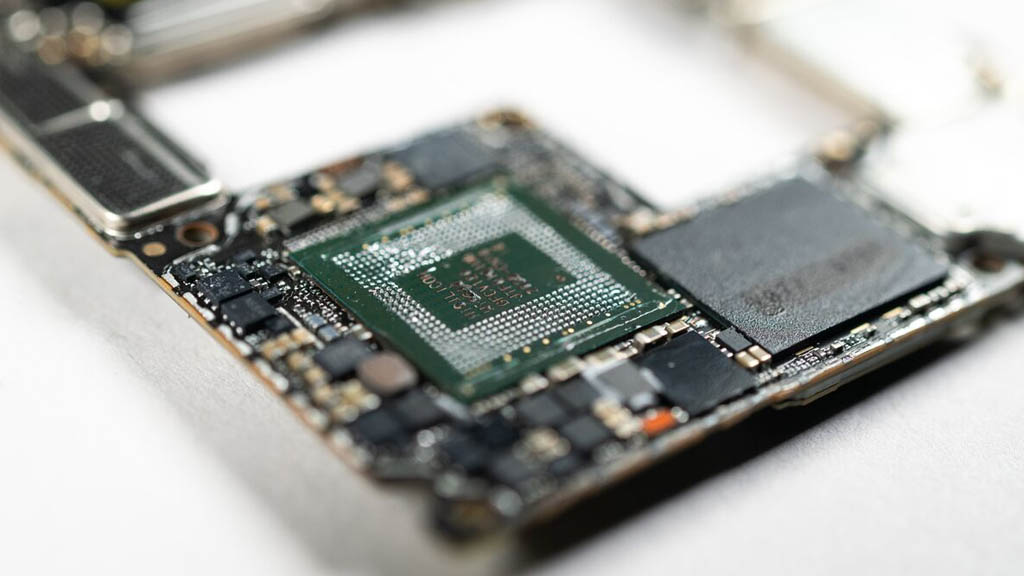Huawei
Huawei reportedly setting up massive chip equipment R&D center in Shanghai

News regarding Huawei says that the Chinese tech giant is building up a huge chip equipment R&D center in Shanghai. This action aims to have better control over the chip supply chain as well as stand firmly against the U.S. trade export regulations.
Another vital reason behind this establishment is to promote lithography tools development. The Chinese manufacturer focuses on increasing the wafer fab equipment amount which is quite essential in the making of advanced chipsets.
Huawei relied upon global chipmakers like ASML, Canon, and Nikon to produce high-end processors. Although the U.S. export trading rules have made it difficult for the company to access advanced chipmaking tools and equipment from foreign markets.
Thus the company plans to make powerful equipment that can match the level of the above-listed chipmakers’ tools. To do so, Huawei has doubled the salary of its employees compared to others and is hiring more talented workers for its workforce.
But the Chinese OEM is also making its employees work ‘007’ (working from midnight to midnight, seven days a week), which has become a big challenge as well as a demanding work environment for the existing employees in the industry.

Huawei chips made by Brute-Force system
Huawei Chip Equipment R&D Center – Shanghai
The inputs reveal that the company is setting up its new R&D center in the western Qingpu district of Shanghai. This area eventually has the best facilities for Huawei’s chip design, HiSilicon T, as well as R&D centers for wireless techs and smartphones.
Huawei put on a total investment of $1.66 billion for this center and it has an area of 224 football fields. Once established, it can make room for 35000 employees.
It is worth noting that the development of the respective center for making lithography tools will help the company overcome the challenges of demand for essential chip-making tools, especially in terms of 16/12nm processes and smaller ones.
The Chinese OEM is associating with local suppliers and other partners to progress in the chip production segment. These efforts may ultimately aid the firm in achieving self-sufficiency in semiconductor projects.

Huawei R&D center Shanghai (Image Credits: Huawei)
(Source – Nikkei Asia)






